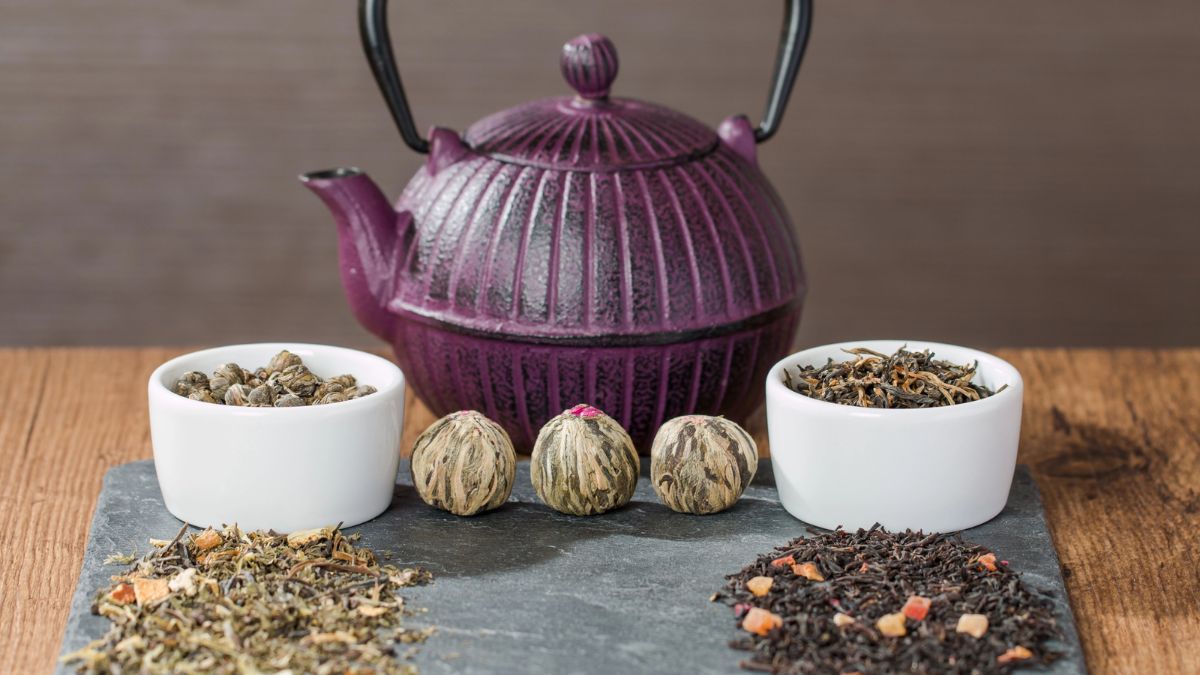15 Teas You Should Drink Daily for Better Health
Tea is more than just a comforting beverage; it has health benefits that can enhance your daily life. Whether you’re looking to boost your immune system, improve digestion, or simply unwind, there’s a tea for every need.
Incorporating different types of tea into your daily routine can provide various health benefits, helping you feel your best every day. Below are 15 teas that you should consider drinking daily for better health, each offering unique properties that contribute to your well-being.
Green Tea
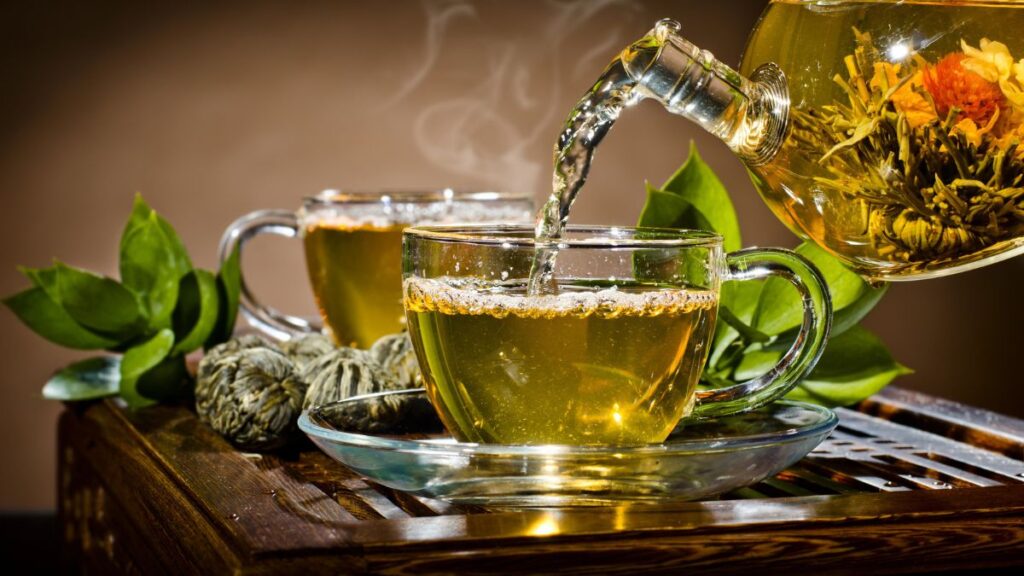
Green tea is well-known for its high antioxidant content, which helps fight free radicals in the body. These antioxidants, particularly catechins, are believed to reduce the risk of chronic diseases such as heart disease and cancer.
Additionally, green tea can boost metabolism, making it a great choice for those looking to manage their weight. Drinking green tea daily can also improve brain function due to its moderate caffeine content and amino acid L-theanine, which enhance focus and calmness. Green tea is a must-have in your daily routine with its many health benefits.
Chamomile Tea
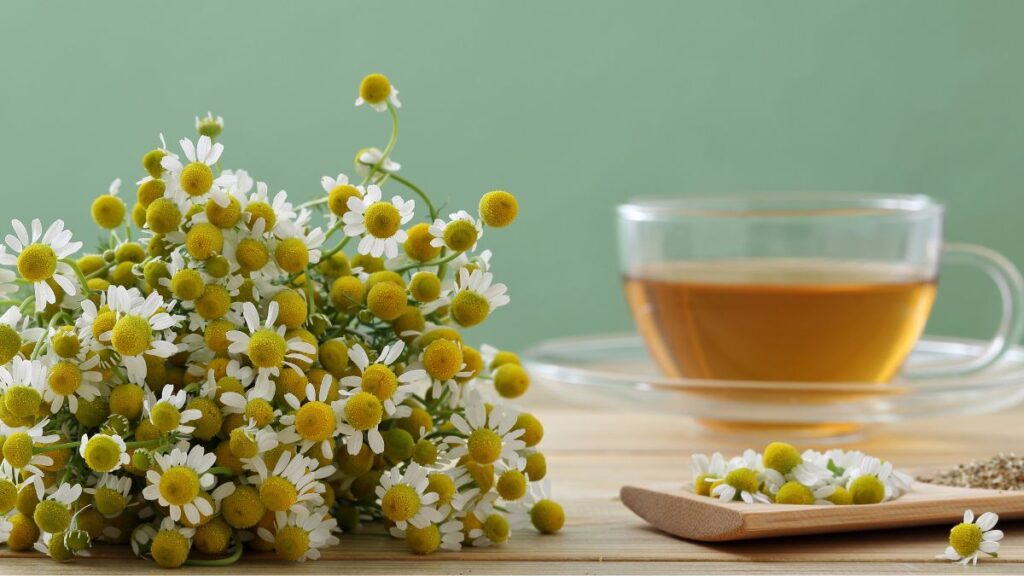
Chamomile tea is often associated with relaxation, and for a good reason. This herbal tea is excellent for winding down after a long day, thanks to its calming properties. Chamomile has been used traditionally to treat insomnia and promote better sleep, making it a great bedtime drink.
It’s also known for its anti-inflammatory and antioxidant properties, which can help reduce the risk of chronic diseases. Drinking chamomile tea regularly may also soothe digestive issues like irritable bowel syndrome (IBS) and stomach cramps. Incorporating chamomile tea into your nightly routine can lead to a more restful and healthy life.
Peppermint Tea
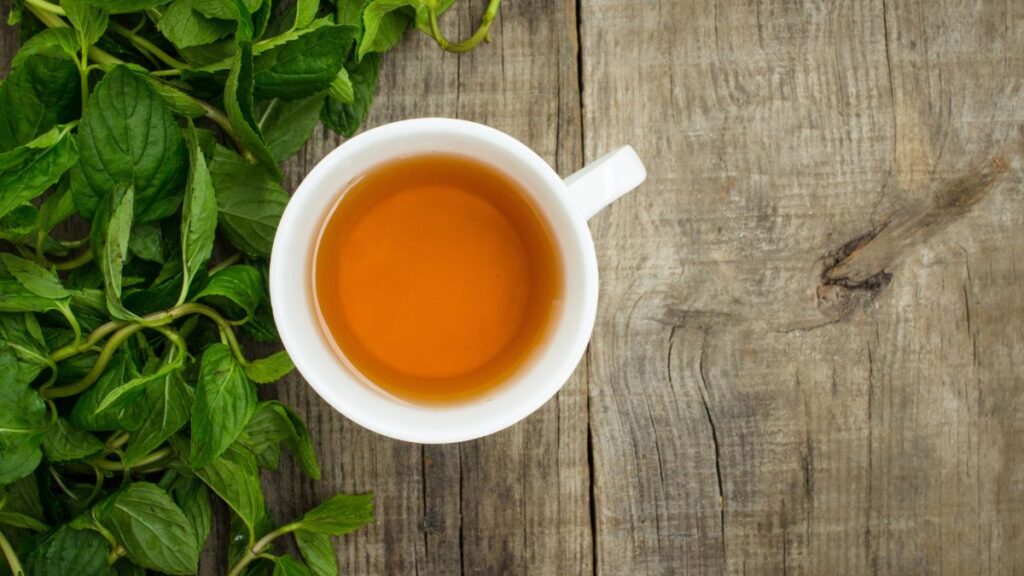
Peppermint tea is a refreshing and invigorating drink that is perfect for improving digestion. The menthol in peppermint has a soothing effect on the digestive tract, which can relieve symptoms of bloating, gas, and indigestion.
It’s also known for its ability to relieve headaches and migraines due to its muscle-relaxing properties. Additionally, peppermint tea can help alleviate sinus congestion and respiratory issues, making it a great choice during cold and flu season. Sipping on peppermint tea daily can keep your digestive system and respiratory health in check.
Ginger Tea
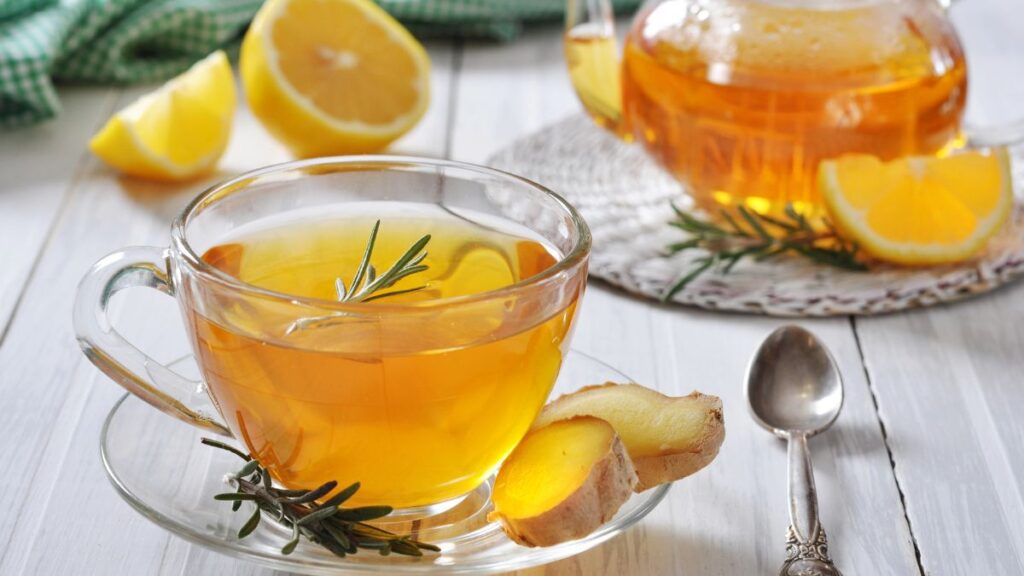
Ginger tea is a powerful remedy for a variety of ailments, thanks to its anti-inflammatory and antioxidant properties. It’s particularly effective in soothing nausea, whether due to morning sickness, motion sickness, or chemotherapy.
Ginger tea can also reduce inflammation in the body, making it beneficial for those with arthritis or other inflammatory conditions. Additionally, it aids in digestion and can help alleviate menstrual discomfort. Drinking ginger tea regularly can provide a natural boost to your overall health and well-being.
Hibiscus Tea
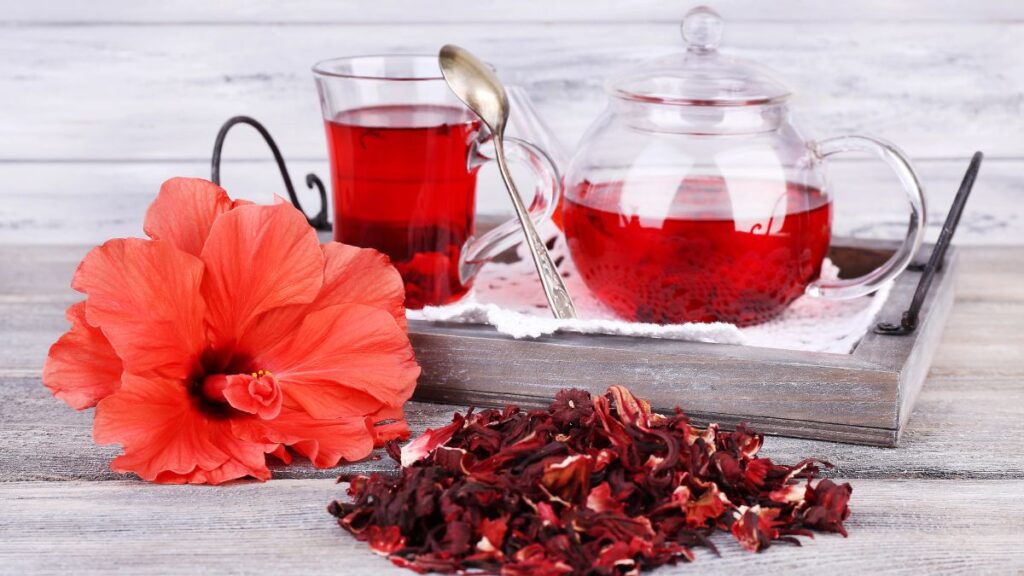
Hibiscus tea is not only vibrant and flavorful but also packed with health benefits. This tart, cranberry-like tea is rich in antioxidants, which help lower blood pressure and improve heart health. Studies have shown that drinking hibiscus tea can reduce bad cholesterol levels, further protecting against heart disease.
It’s also known for its ability to boost the immune system and promote healthy skin due to its high vitamin C content. Incorporating hibiscus tea into your daily routine can be a delicious way to support your cardiovascular health.
Black Tea
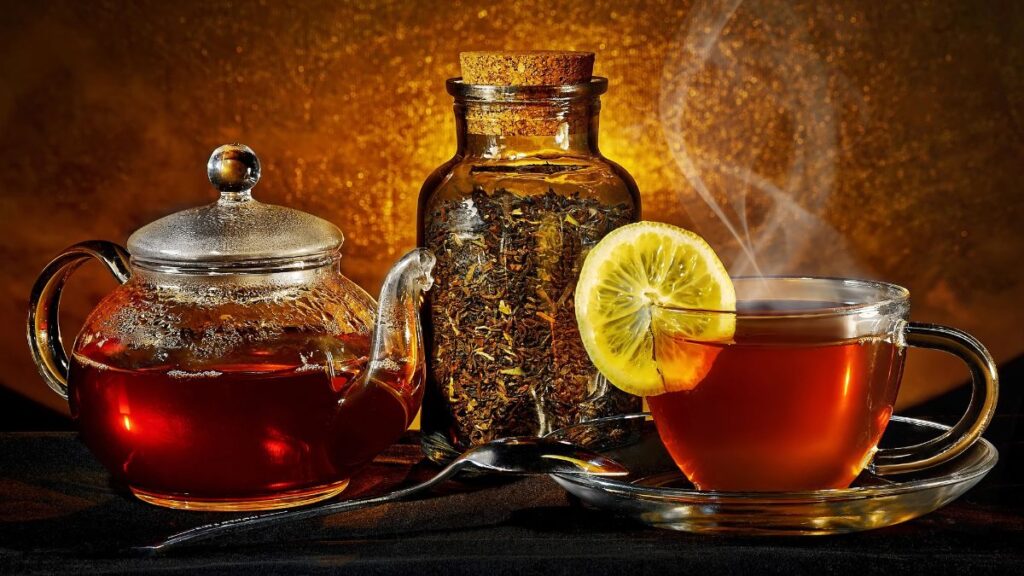
Black tea is a staple for many, known for its robust flavor and caffeine content. Beyond its taste, black tea offers several health benefits, including improved heart health. It contains antioxidants called flavonoids, which help reduce the risk of heart disease by lowering blood pressure and cholesterol levels.
Black tea can also enhance gut health by promoting the growth of good bacteria and reducing the growth of harmful bacteria. Drinking black tea daily can provide you with sustained energy and support overall cardiovascular health.
Oolong Tea
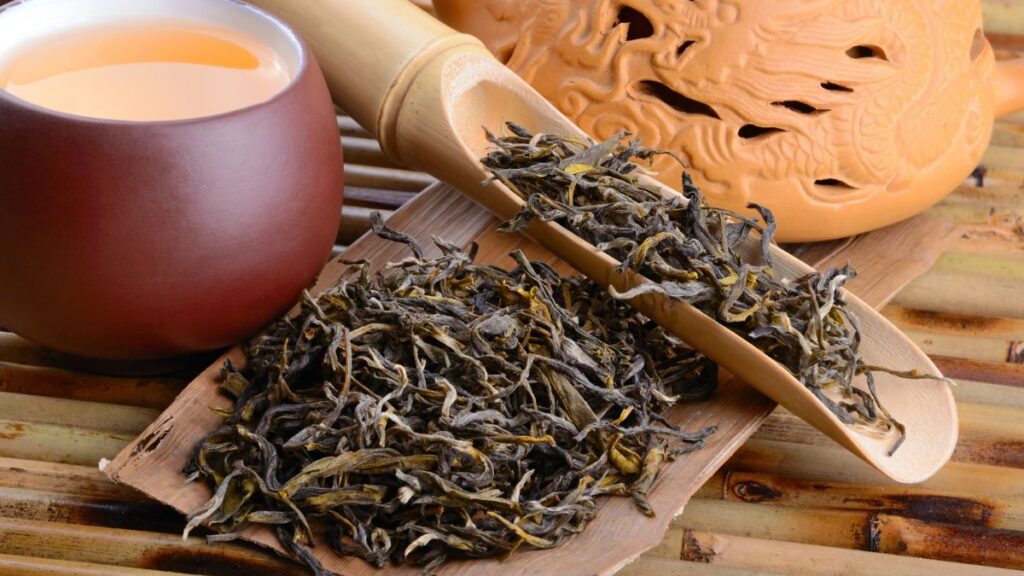
Oolong tea is a traditional Chinese tea that combines the benefits of both green and black teas. It’s partially fermented, giving it a unique flavor and a balanced profile of antioxidants. Oolong tea is known to improve metabolism and aid in weight management, making it a great choice for those looking to shed a few pounds.
It’s also beneficial for dental health, as it contains fluoride that helps prevent cavities and tooth decay. Regular consumption of oolong tea can lead to improved weight management and better oral health.
Rooibos Tea
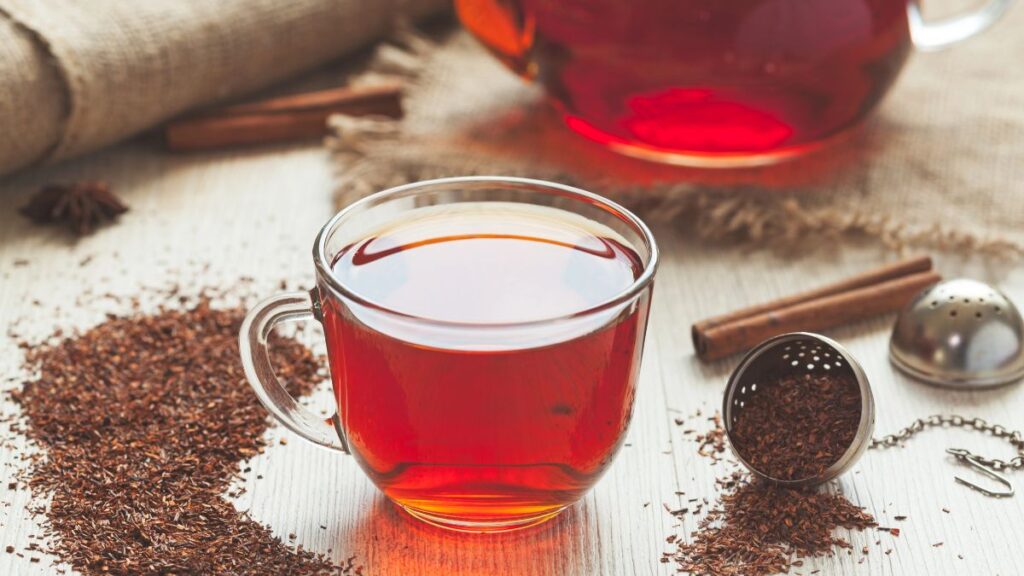
Rooibos tea, also known as red tea, is a caffeine-free herbal tea from South Africa that’s rich in antioxidants. It’s particularly high in aspalathin, which may help regulate blood sugar levels and support heart health.
Rooibos tea is also known for its anti-inflammatory properties, making it beneficial for reducing the risk of chronic diseases. Additionally, it’s a great choice for those looking to improve skin health, as it can help reduce acne and other skin conditions. Drinking rooibos tea daily can support heart health and provide a natural glow to your skin.
White Tea
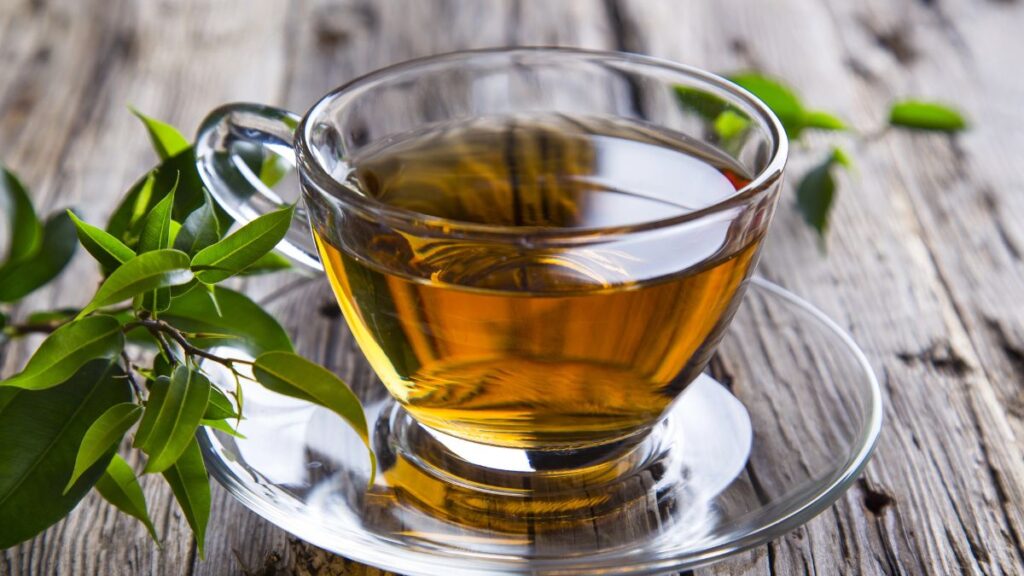
White tea is the least processed of all teas, which means it retains a high amount of antioxidants. It’s particularly rich in catechins, which have been shown to improve heart health and reduce the risk of cancer.
White tea also has anti-aging properties, as it helps protect the skin from damage caused by free radicals. Additionally, it’s known for its ability to improve oral health by preventing the growth of bacteria that cause cavities. Incorporating white tea into your daily routine can help protect your heart, skin, and teeth.
Turmeric Tea
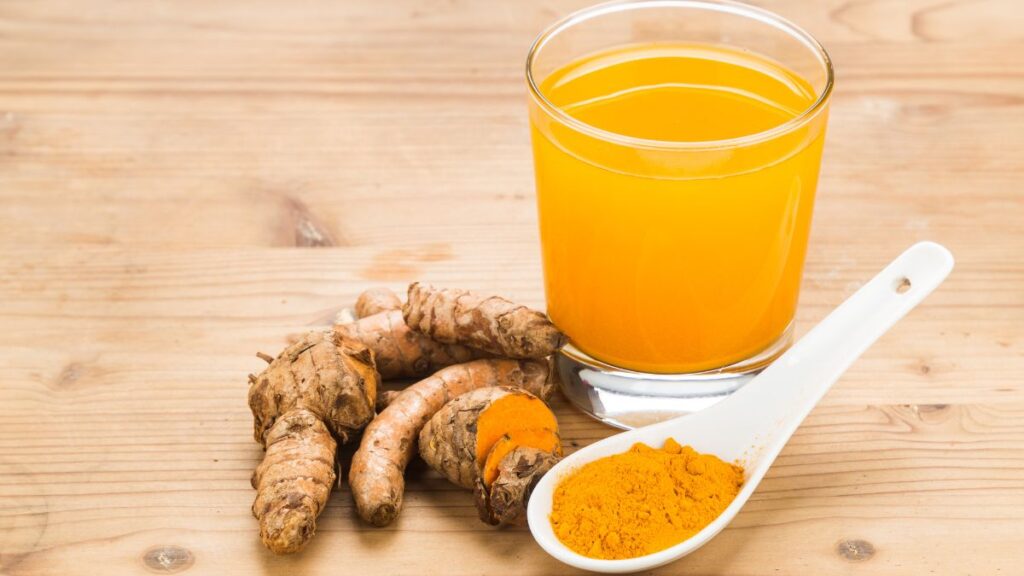
Turmeric tea, made from the bright yellow spice, is known for its powerful anti-inflammatory properties. The active compound in turmeric, curcumin, has been extensively studied for its ability to reduce inflammation and fight off chronic diseases.
Drinking turmeric tea regularly can help alleviate joint pain, improve digestion, and boost the immune system. It’s also known for its potential to support brain health and reduce the risk of neurodegenerative diseases like Alzheimer’s. Adding turmeric tea to your daily routine can be a flavorful way to protect your health from the inside out.
Echinacea Tea
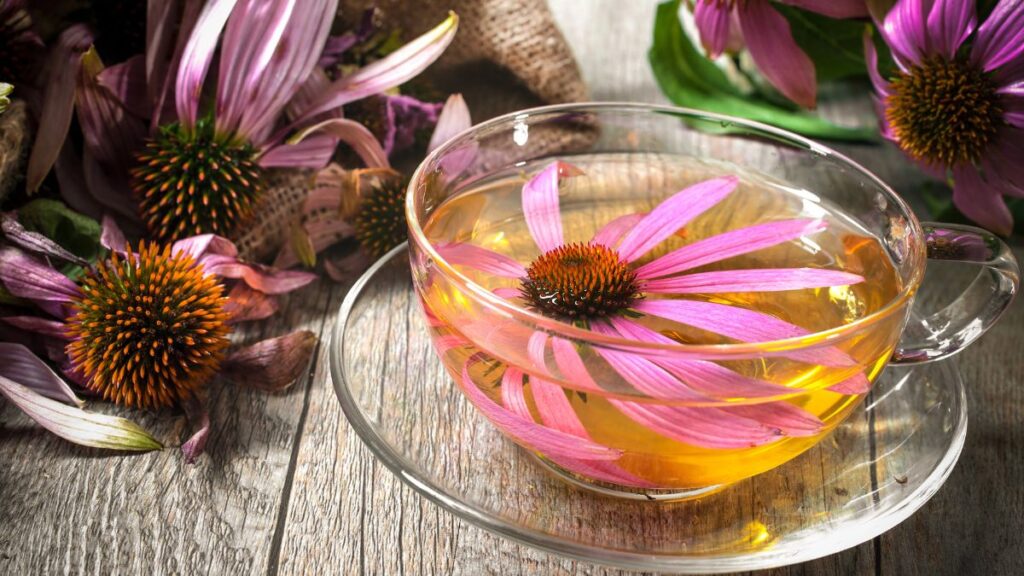
Echinacea tea is often consumed to boost the immune system, especially during cold and flu season. This herbal tea is believed to reduce the duration and severity of colds, making it a popular choice for those looking to stay healthy during the winter months.
Echinacea also has anti-inflammatory and antioxidant properties, which can help protect the body from oxidative stress. Regular consumption of echinacea tea may also support respiratory health by relieving symptoms of bronchitis and other respiratory infections. Drinking echinacea tea daily can help keep your immune system strong and ready to fight off illness.
Dandelion Tea
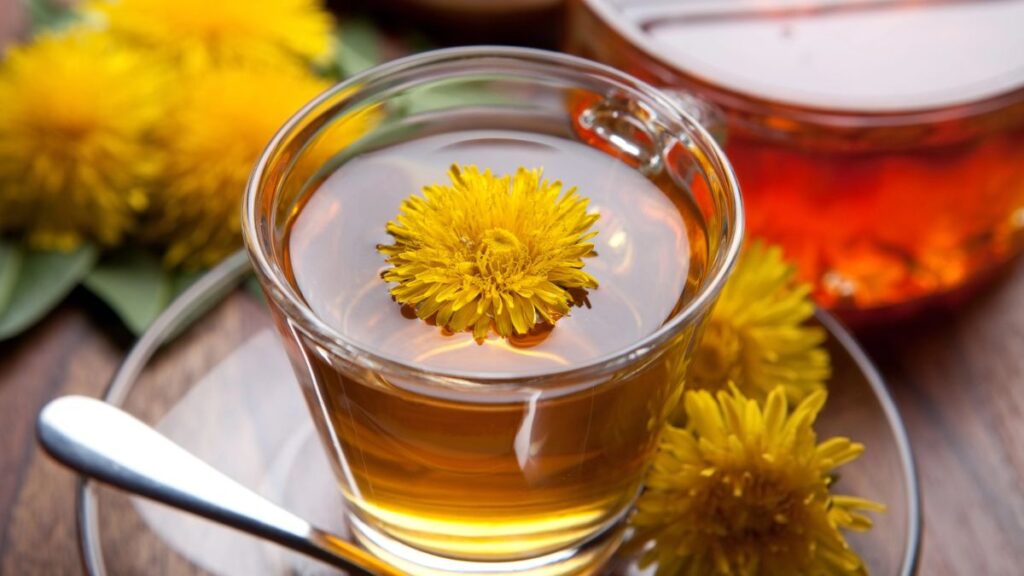
Dandelion tea is a herbal tea made from the roots and leaves of the dandelion plant, known for its detoxifying properties. It’s often used to support liver health by helping the body flush out toxins and promoting healthy digestion.
Dandelion tea is also a natural diuretic, which means it can help reduce water retention and bloating. Additionally, it’s rich in antioxidants that support overall health and reduce inflammation. Incorporating dandelion tea into your daily routine can help you maintain a healthy liver and digestive system.
Lavender Tea
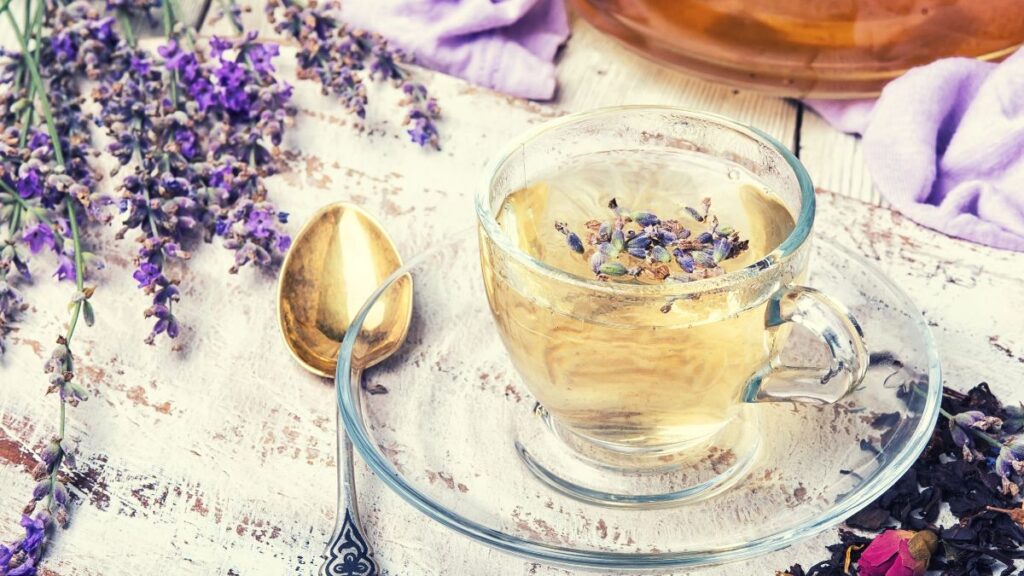
Lavender tea is a soothing herbal tea known for its calming effects. It’s often used to reduce stress and anxiety, making it a great choice for those looking to unwind after a long day.
Lavender tea can also improve sleep quality, as it promotes relaxation and helps ease insomnia. Additionally, it has anti-inflammatory properties that can help relieve headaches and muscle pain. Drinking lavender tea regularly can help you achieve a more peaceful mind and body.
Matcha Tea
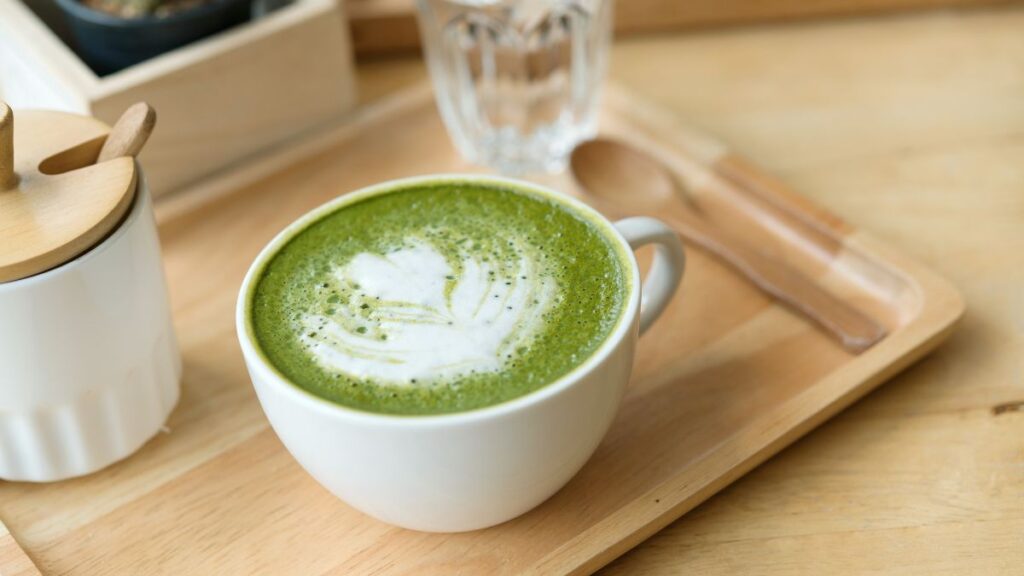
Matcha tea is a type of green tea that’s ground into a fine powder, offering a concentrated dose of antioxidants. It’s particularly high in catechins, which help protect the heart and improve metabolism.
Matcha is also known for its ability to enhance mental clarity and focus, making it a popular choice for those looking to boost productivity. Additionally, it provides a gentle energy boost without the jitters often associated with coffee. Incorporating matcha tea into your daily routine can provide a sustained energy boost and support overall health.
Lemongrass Tea

Lemongrass tea is a refreshing herbal tea with a citrusy flavor, known for its digestive and detoxifying properties. It’s often used to relieve bloating, stomach cramps, and indigestion, making it a great choice for those with digestive issues.
Lemongrass tea is also believed to help reduce blood pressure and improve circulation, supporting heart health. Additionally, it has antimicrobial properties that can help fight off infections and boost the immune system. Drinking lemongrass tea daily can keep your digestion smooth and your heart healthy.
15 Places Where You’re Expected to Tip—But You Really Don’t Have To

Tipping has become a widespread practice in many industries, with the expectation that you’ll leave a little extra for good service. However, not every situation truly warrants a tip, even if you feel pressured to give one.
15 Places Where You’re Expected to Tip—But You Really Don’t Have To
15 Most Annoying Habits of American Tourists When Dining Abroad

Traveling abroad is an exciting adventure, and dining in new places is a big part of the experience. However, some common behaviors by American tourists can be frustrating for locals and affect the dining experience.
15 Most Annoying Habits of American Tourists When Dining Abroad

